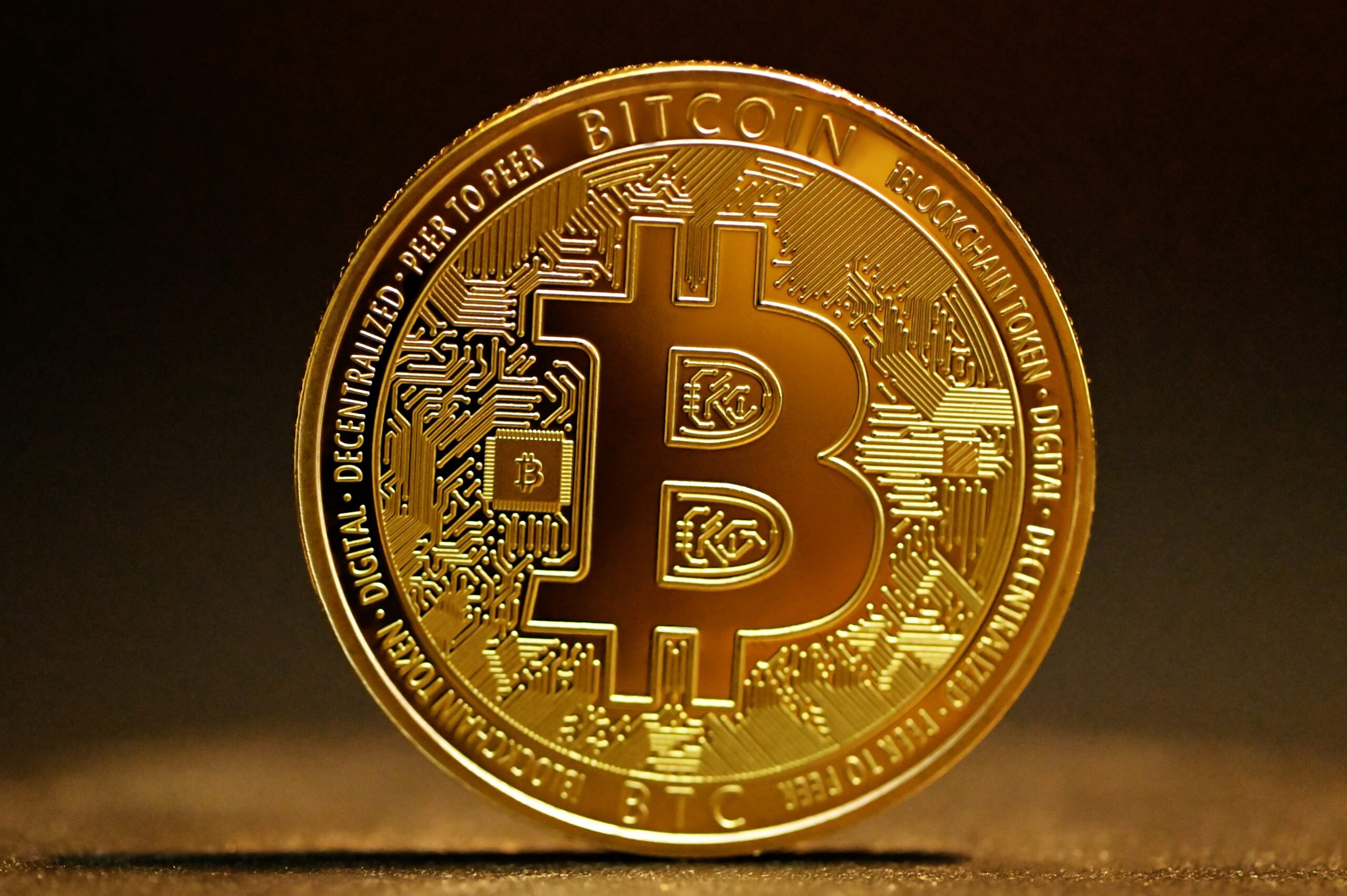As the country relies on Bitcoin as a lever for economic growth, the International Monetary Fund is imposing new limits, highlighting the tensions between financial innovation and economic orthodoxy.
Increased pressure on Salvadoran monetary policy
- IMF commitment to halt Bitcoin purchases: As part of negotiations for $1.4 billion in financial assistance, the IMF reportedly obtained a formal commitment from El Salvador to no longer increase its Bitcoin reserves.
- A condition linked to an economic recovery program: The country will have to focus on stabilizing its debt, ensuring fiscal transparency, and public sector reform, all of which preclude bets on volatile assets.
Tensions between sovereignty and financial dependence
- A currency adopted, but under international scrutiny: Although El Salvador was the first country to make Bitcoin legal tender, this decision continues to raise concerns among global financial institutions.
- President Bukele under pressure despite his support for Bitcoin: Even with a solid political majority, the government must deal with the reality of an economy dependent on external financing, limiting its room for maneuver.
Opportunities and Risks
Opportunities:
- Strengthening fiscal discipline and economic governance
- Boosting traditional investor confidence through agreements with the IMF
Risks:
- Hindering financial innovation and crypto experimentation in the country
- Possible discontent among a portion of the population favorable to cryptocurrencies
Conclusion
El Salvador walks a tightrope between its desire for financial independence through cryptocurrencies and the constraints imposed by international institutions. While the IMF imposes a halt to Bitcoin purchases, the debate remains open on the compatibility of monetary sovereignty and global financial support.








